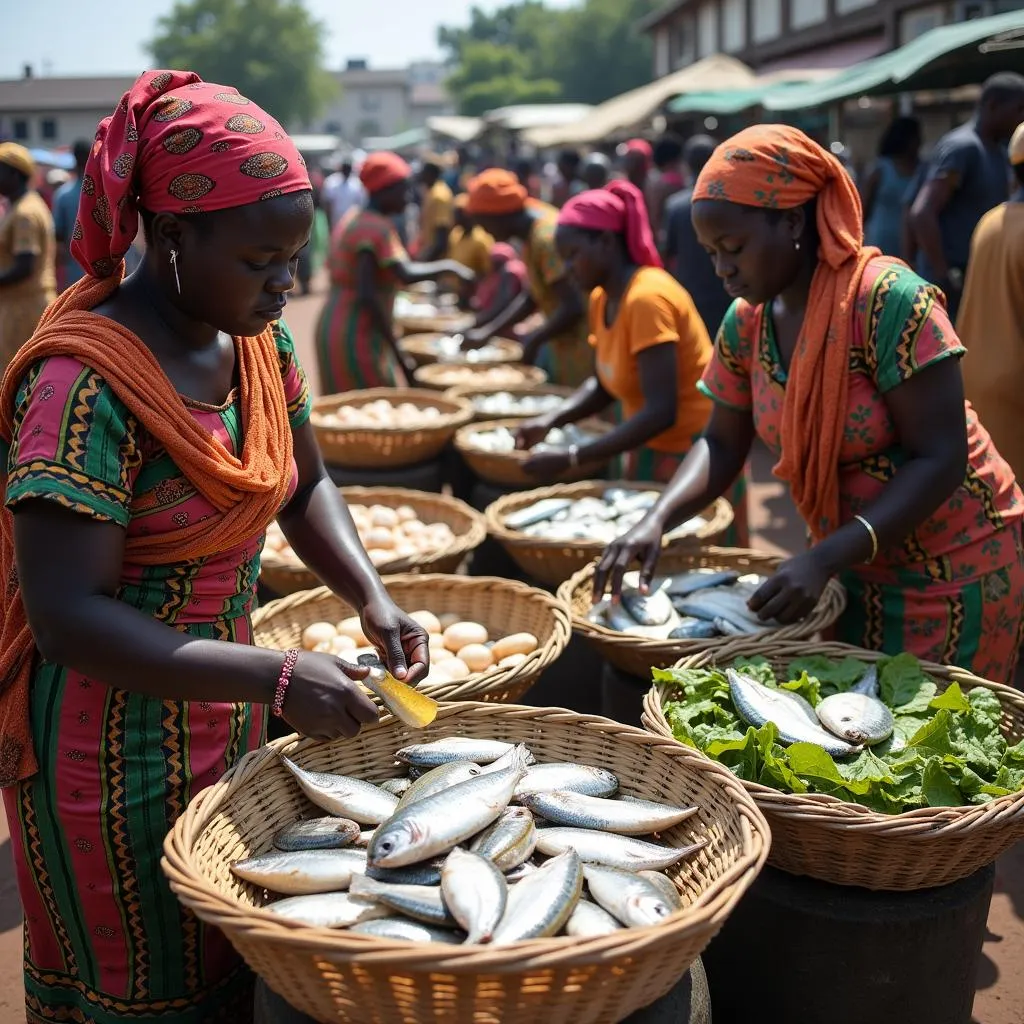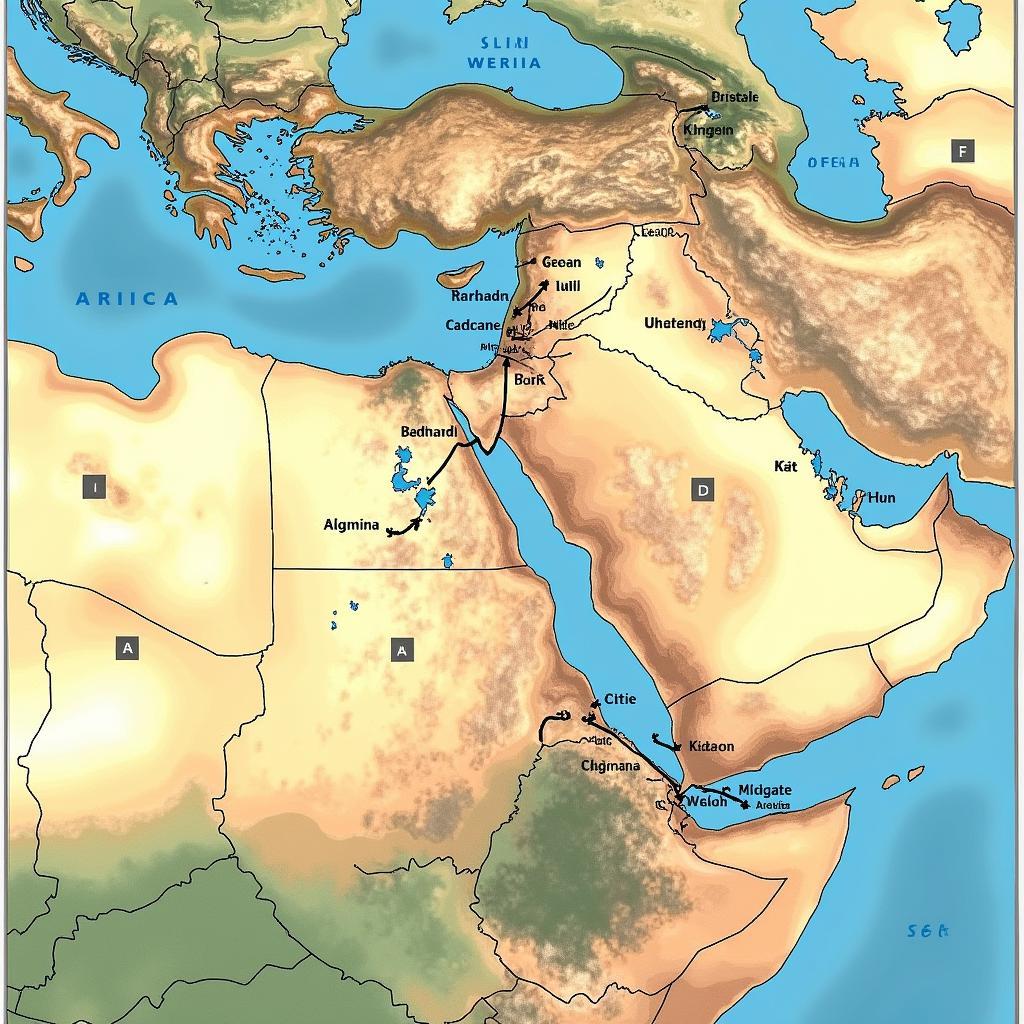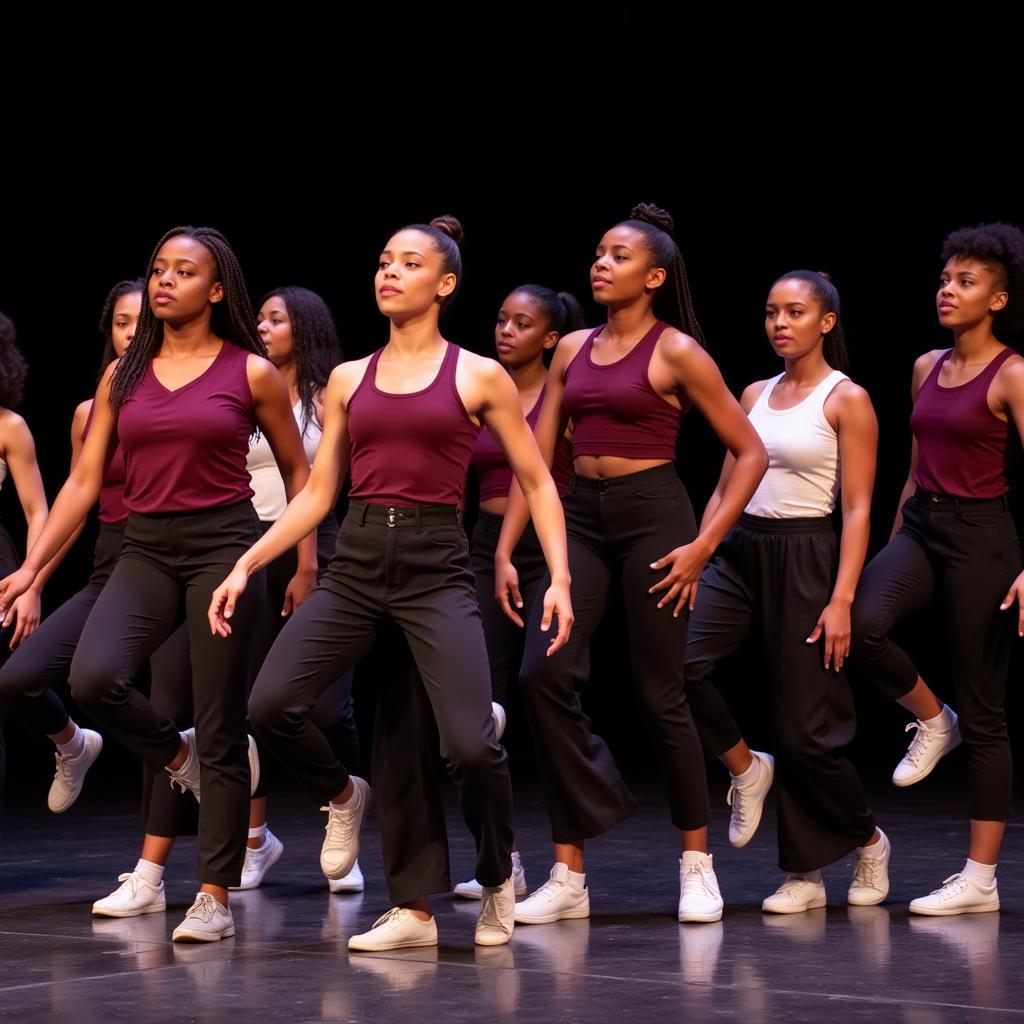African First Women Nobel Laureate: Wangari Maathai (2004)
Wangari Maathai, the african first women Nobel laureate, made history in 2004. Her extraordinary journey from rural Kenya to international acclaim is a testament to her unwavering dedication to environmental conservation, women’s rights, and democratic principles. This article explores Maathai’s remarkable life, her groundbreaking work with the Green Belt Movement, and the lasting legacy she left on the world.
Who is Wangari Maathai?
Wangari Maathai was born in Nyeri, Kenya, in 1940. She excelled academically, earning a scholarship to study in the United States, where she received a Bachelor of Science degree from Mount St. Scholastica College in Kansas and a Master of Science degree from the University of Pittsburgh. Maathai continued her studies at the University of Nairobi, obtaining a PhD in veterinary anatomy, becoming the first woman in East and Central Africa to earn a doctorate.
The Green Belt Movement: Planting Seeds of Change
In 1977, Wangari Maathai founded the Green Belt Movement, a grassroots organization initially focused on addressing the needs of rural Kenyan women. Maathai recognized the link between environmental degradation and the challenges faced by women, such as deforestation leading to water scarcity and soil erosion impacting food security. The Green Belt Movement encouraged women to plant trees, not only for environmental rehabilitation but also as a means of economic empowerment.
Empowering Women Through Environmental Action
The Green Belt Movement provided women with income through tree nurseries and the sale of seedlings. This economic independence empowered them to participate more actively in their communities and advocate for their rights. The movement’s focus on community-based solutions proved highly effective, spreading across Kenya and inspiring similar initiatives in other African countries.
The Nobel Peace Prize: Recognizing a Champion for Sustainable Development
In 2004, Wangari Maathai became the african first women Nobel laureate, receiving the Nobel Peace Prize for her contribution to sustainable development, democracy, and peace. The Nobel Committee recognized the profound connection between environmental protection and social justice, highlighting Maathai’s pioneering work in demonstrating how empowering women and communities to restore their environment could contribute to peace and stability. This award marked a significant milestone, not only for Africa but also for the global environmental movement.
A Legacy of Inspiration
Wangari Maathai’s impact extends beyond her Nobel Prize. Her unwavering commitment to environmental conservation, women’s empowerment, and democratic principles continues to inspire individuals and organizations around the world. She served as a Member of Parliament in Kenya and as Assistant Minister for Environment and Natural Resources, advocating for environmental protection at the highest levels of government.
Conclusion: Wangari Maathai, the african first women Nobel laureate in 2004, leaves behind a powerful legacy of environmental stewardship and social change. Her work demonstrates that environmental conservation is not just about protecting nature, but about empowering communities and building a more just and sustainable future.
FAQs
- When did Wangari Maathai win the Nobel Peace Prize? 2004.
- What organization did Wangari Maathai found? The Green Belt Movement.
- Where was Wangari Maathai born? Nyeri, Kenya.
- What was the focus of the Green Belt Movement? Tree planting and women’s empowerment.
- Why did Wangari Maathai win the Nobel Peace Prize? For her contribution to sustainable development, democracy, and peace.
- What was Wangari Maathai’s profession? She was a veterinary anatomist and environmental activist.
- What is Wangari Maathai’s lasting legacy? Her work continues to inspire environmental and social justice movements globally.
Other Resources on African Life:
- Explore the diverse cultures of East Africa.
- Learn about traditional African music and dance.
When needing any support, please contact Phone Number: +255768904061, Email: kaka.mag@gmail.com Or visit us at: Mbarali DC Mawindi, Kangaga, Tanzania. We have a 24/7 customer service team.



